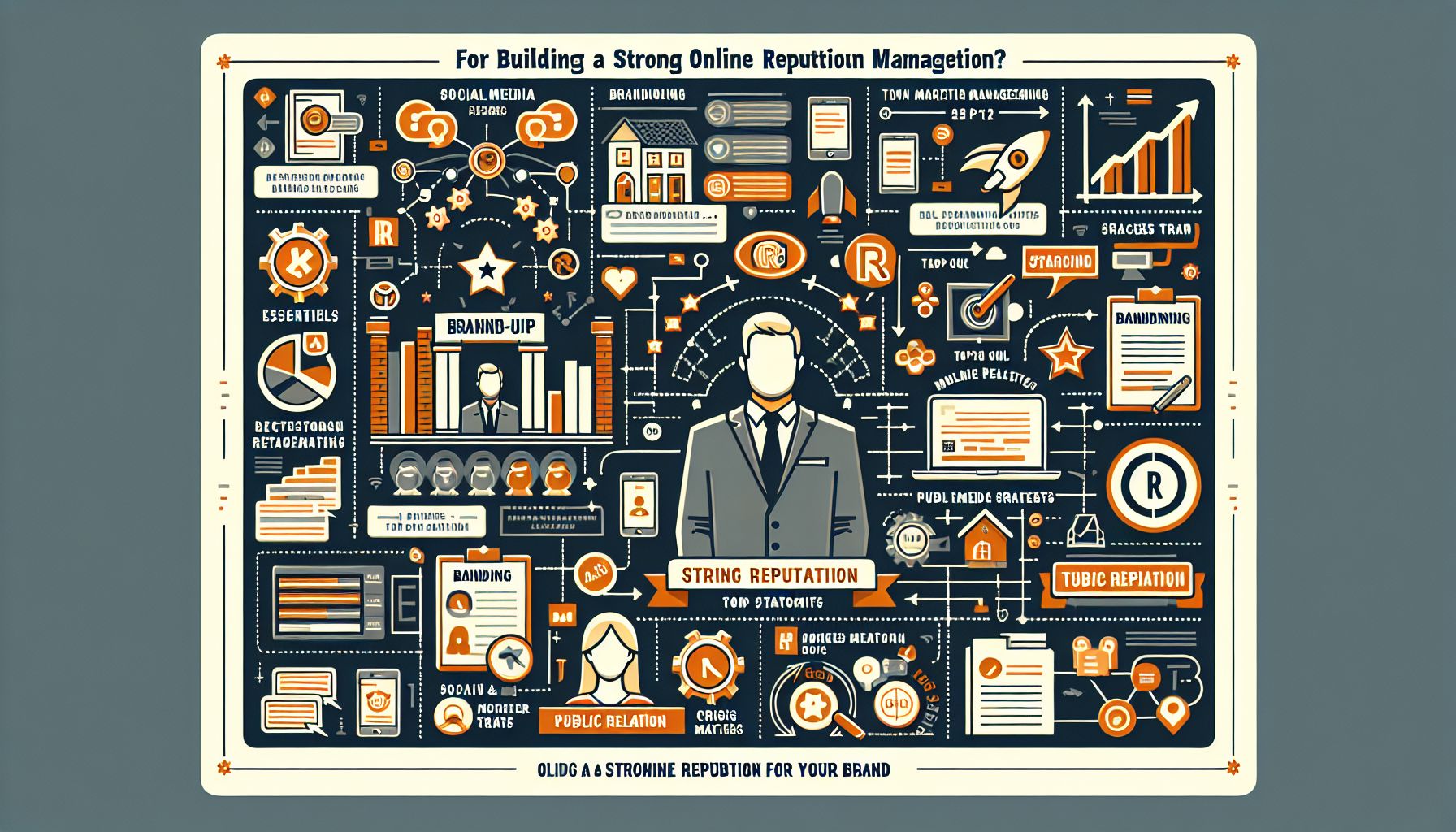In today’s digital era, branding and identity play a crucial role in the success of any business. As a start-up founder or marketing manager, it is essential to establish a strong online reputation for your brand. This will not only help you build trust with your target audience but also attract potential customers and retain existing ones. In this article, we will explore key strategies for online reputation management and how it ties into your brand’s identity.
The Importance of Online Reputation Management
In a world where consumers heavily rely on online research before making purchasing decisions, your brand’s online reputation is of utmost importance. Effective online reputation management involves monitoring and influencing how your brand is perceived on various platforms, including social media, search engines, and review websites.
Establishing a Consistent Brand Identity
To build a strong online reputation, it is crucial to have a clear and consistent brand identity across different channels. This starts with developing a compelling brand narrative and ensuring that it is reflected in your visual elements, messaging, and overall tone. Consistency is key to creating a recognizable and memorable brand.
Leveraging the Power of Content Marketing
Content marketing is a powerful tool for online reputation management. By consistently creating high-quality and relevant content, you can position your brand as an industry thought leader and establish trust with your target audience. Utilize various content formats such as blog posts, videos, and infographics to engage your audience and showcase your expertise.
Harnessing the Potential of Social Media
Social media platforms, such as Facebook and Instagram, offer immense opportunities for brand building and reputation management. Create a social media strategy that aligns with your brand’s identity and consistently publish engaging content. Interact with your followers, respond to comments and reviews, and use social listening tools to monitor conversations about your brand.
Monitoring and Responding to Feedback
Managing your brand’s online reputation requires proactive monitoring of online mentions, reviews, and feedback. Regularly check review platforms and respond promptly to both positive and negative feedback. Addressing customer concerns in a professional and timely manner demonstrates your commitment to customer satisfaction and can turn potential detractors into brand advocates.
Conclusion
Building a strong online reputation is a continuous process that requires a strategic approach. By establishing a consistent brand identity, leveraging content marketing, harnessing the power of social media, and actively monitoring and responding to feedback, start-up founders and marketing managers can shape a positive online reputation for their brands. Remember, your brand’s reputation is an asset that can drive success in the digital age.

